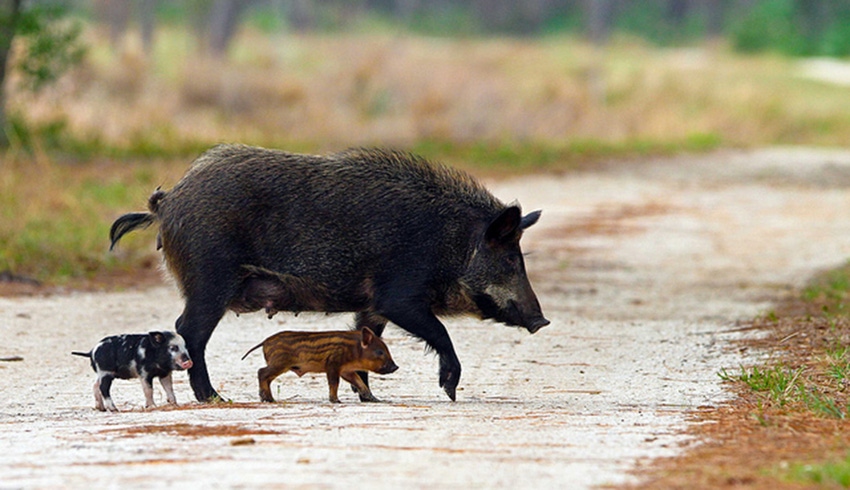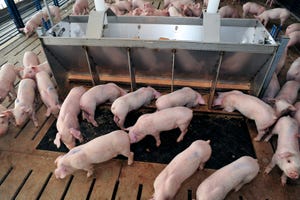Feral Hog Study Group sets priorities for policy development
All economic and monetary value must be removed from feral hogs to adequately promote their eradication.
December 29, 2022

Feral hogs are an issue in over 35 states across the United States. More than 6 million feral hogs have caused over $2.5 billion worth of destruction to agriculture, natural ecosystems, people, pets and livestock.
As the feral hog population continues to increase and damages continue to rise, the American Farm Bureau Federation organized a Feral Hog Study Group to share updates, data and information on ground-level approaches to feral hog management.
The group held five virtual meetings between April and September 2022 with state Farm Bureau staff representing over 20 states, including Texas Farm Bureau Associate Director of Commodity and Regulatory Activities Tracy Tomascik. The group addressed organizational priorities, principles and policies for feral hog management.
Feral Hog Study Group priorities are:
The study group reiterates that feral hogs are an unacceptable risk to humans, livestock, crops and property and that eradication of all feral hogs is the ultimate goal.
All economic and monetary value must be removed from feral hogs to adequately promote their eradication.
States with a new or with no established feral hog population should consider making commercial hunting of hogs illegal. Commercial hunting does not include the right of landowners to shoot on private property.
State and federal eradication efforts, including those established in the 2018 Farm Bill such as the Feral Swine Eradication and Control Pilot Program, are vital to current management efforts. Funding must be preserved.
Preference for cooperation over coordination between USDA's Animal and Plant Health Inspection Service and the Natural Resources Conservation Service in pilot programs.
Encourage the formation of landowner cooperatives to control local populations.
The prohibition of transporting feral hogs should be more explicit in AFBF policy.
More frequent, granular data on the movement, population, health and impacts of feral hogs on rural economies is essential.
The priorities were discussed among the group and may be used to inform grassroots policy development.
Source: Texas Farm Bureau
You May Also Like



